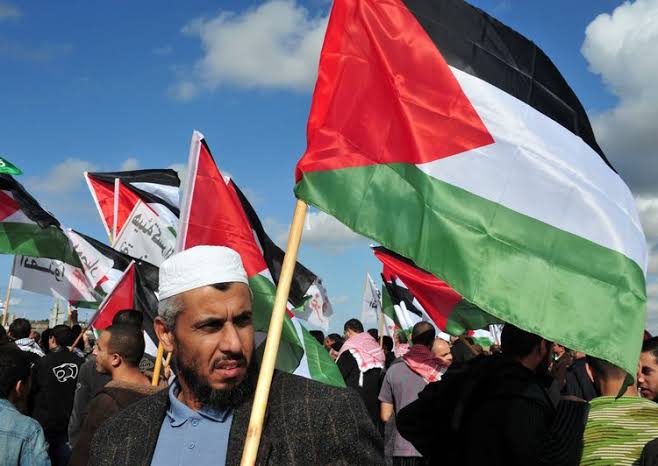In a significant diplomatic development, the United Kingdom, Canada, and Australia have formally recognized Palestine as an independent state. This move aims to revive peace talks between Palestinians and Israelis, according to the respective governments.
British Prime Minister Keir Starmer initiated the announcement, stating that the recognition is intended to “help restore the peace process and advance the two-state solution.” The UK’s official recognition of the State of Palestine was declared on Sunday. Shortly thereafter, Canadian Prime Minister Mark Carney confirmed Canada’s similar decision, expressing support for efforts to achieve lasting peace between Palestinians and Israelis. Australia followed suit, granting full recognition to Palestine.
This coordinated recognition brings the three nations in line with several other countries that have taken similar steps, ahead of the United Nations General Assembly meeting scheduled to commence on Monday. The move is seen as a substantial boost for the Palestinian push for statehood, a long-standing demand in the decades-old Middle East conflict.
The recognition by these three countries underscores their commitment to a two-state solution, which has been a cornerstone of international efforts to resolve the Israeli-Palestinian conflict. The United Nations General Assembly meeting is expected to address various global issues, including the Middle East peace process. The recent recognitions may influence discussions and negotiations during the assembly, potentially paving the way for renewed peace talks.
The international community has been actively engaged in efforts to resolve the Israeli-Palestinian conflict, with various countries and organizations promoting a two-state solution. The recognitions by the UK, Canada, and Australia demonstrate a shift in the international stance on the issue, as more countries acknowledge Palestine’s right to statehood. As the United Nations General Assembly meeting gets underway, the diplomatic developments are likely to remain a focal point, with potential implications for the future of the Middle East peace process.
